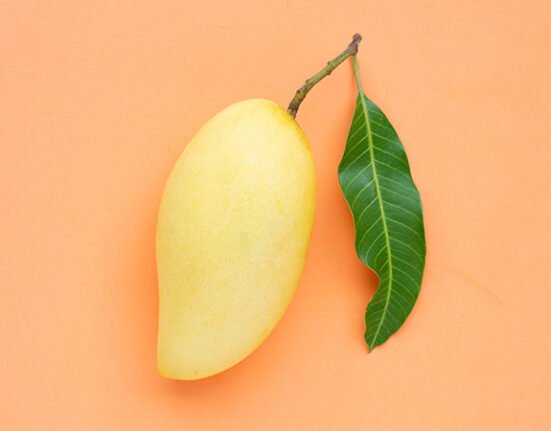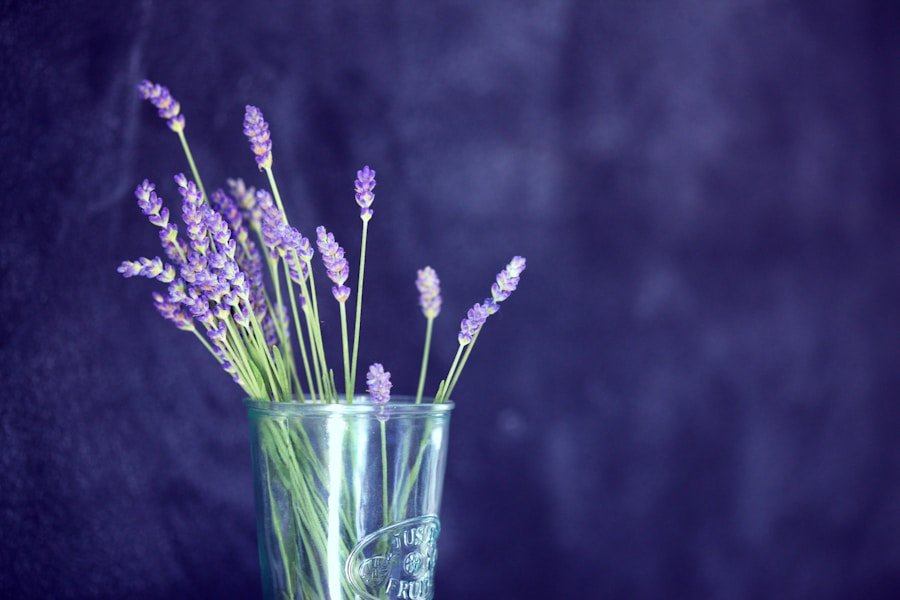Medicinal plants have been utilized for centuries to enhance health and well-being. These plants possess a diverse range of compounds that have been scientifically proven to exert therapeutic effects on the body. For instance, certain plants such as ginger and turmeric exhibit anti-inflammatory properties, while others like echinacea and elderberry have been employed to augment the immune system.
Moreover, plants like lavender and chamomile have been used to induce relaxation and mitigate stress. Recognizing the benefits of these medicinal plants enables individuals to make informed decisions about integrating them into their daily health regimens. In addition, medicinal plants provide a natural alternative to conventional medicine, which can often be accompanied by undesirable side effects.
An increasing number of individuals are turning to medicinal plants as a means of supporting their overall health and well-being, reducing their reliance on pharmaceuticals. By understanding the benefits of medicinal plants, individuals can make informed choices about how to safely and effectively incorporate them into their daily routines.
Key Takeaways
- Medicinal plants offer a variety of health benefits, including immune support, stress relief, and improved digestion.
- It is important to properly identify safe and effective medicinal plants before incorporating them into daily routines.
- Individuals can incorporate medicinal plants into their daily health routines through teas, tinctures, and topical applications.
- Precautions should be taken when using medicinal plants, including consulting with a healthcare professional and monitoring usage for optimal benefits.
- A balanced and diverse approach to health with medicinal plants can be achieved by incorporating a variety of plants and seeking professional guidance.
Identifying safe and effective medicinal plants
Safety First
When it comes to using medicinal plants, it is crucial to identify plants that are safe for consumption. Not all plants are suitable for medicinal use, and some can even be toxic if consumed in large quantities. It is essential to do thorough research or consult with a knowledgeable professional to ensure that the medicinal plants being considered are safe to use.
Effectiveness Matters
In addition to safety, it is also important to consider the effectiveness of medicinal plants. While some plants may have anecdotal evidence supporting their use, it is crucial to look for scientific research and studies that back up their purported benefits. For example, plants like aloe vera and peppermint have been extensively studied and shown to have various health benefits.
Confidently Incorporating Medicinal Plants
By identifying safe and effective medicinal plants, individuals can confidently incorporate them into their daily health routines. This approach enables individuals to harness the potential benefits of medicinal plants while minimizing the risks associated with their use.
Incorporating medicinal plants into daily routines
Once safe and effective medicinal plants have been identified, individuals can begin incorporating them into their daily health routines. This can be done in a variety of ways, such as consuming them in the form of teas, tinctures, or supplements, or using them topically in the form of essential oils or creams. For example, individuals looking to boost their immune system may choose to consume elderberry syrup daily, while those looking to reduce stress may use lavender essential oil in a diffuser.
Incorporating medicinal plants into daily routines can also involve growing them at home. Many medicinal plants can be easily grown in a garden or even in pots on a windowsill, providing individuals with a fresh and sustainable source of these beneficial plants. By finding creative and enjoyable ways to incorporate medicinal plants into daily routines, individuals can experience their health benefits in a convenient and accessible manner.
Precautions and considerations when using medicinal plants
| Medicinal Plant | Potential Benefits | Safe Incorporation |
|---|---|---|
| Aloe Vera | Wound healing, skin health | Apply gel topically or consume as juice |
| Lavender | Stress relief, sleep aid | Use in aromatherapy or drink as tea |
| Ginger | Anti-inflammatory, digestion aid | Add to cooking or brew as tea |
| Turmeric | Anti-oxidant, anti-inflammatory | Use in cooking or take as a supplement |
While medicinal plants can offer numerous health benefits, it is important to exercise caution when using them. Some plants may interact with medications or have contraindications for certain medical conditions. It is crucial for individuals to research potential interactions and consult with a healthcare professional before incorporating new medicinal plants into their routines.
Additionally, it is important to consider the quality and source of medicinal plants. Not all products are created equal, and some may be contaminated with pesticides or other harmful substances. It is essential to purchase medicinal plants from reputable sources and ensure that they have been properly processed and tested for purity and potency.
By taking precautions and considering these factors, individuals can safely incorporate medicinal plants into their daily health routines.
Creating a balanced and diverse approach to health with medicinal plants
Incorporating medicinal plants into daily health routines can be part of a balanced and diverse approach to overall wellness. Rather than relying solely on pharmaceuticals or conventional medicine, individuals can use medicinal plants as part of a holistic approach to health. This may involve combining the use of medicinal plants with other practices such as regular exercise, a healthy diet, and stress-reducing activities like meditation or yoga.
By creating a balanced and diverse approach to health with medicinal plants, individuals can address various aspects of their well-being and support their body’s natural healing processes. This approach can also help reduce reliance on synthetic medications and promote a more natural and sustainable way of maintaining health.
Seeking professional guidance for incorporating medicinal plants
Personalized Recommendations for Individual Health Needs
For those new to using medicinal plants, seeking professional guidance can be highly beneficial in ensuring safe and effective usage. Herbalists, naturopathic doctors, or other healthcare professionals with knowledge of medicinal plants can provide personalized recommendations based on individual health needs and goals.
Expert Advice on Dosage and Potential Interactions
These professionals can also offer guidance on dosage, potential interactions, and how to best incorporate medicinal plants into daily routines. This expert advice can help individuals avoid potential pitfalls and ensure they are using medicinal plants in a way that is tailored to their specific needs.
Navigating the Wealth of Information on Medicinal Plants
Professional guidance can also help individuals navigate the vast amount of information available about medicinal plants, ensuring that they are making informed decisions about their health. By seeking professional guidance, individuals can feel confident in their use of medicinal plants and maximize their potential benefits.
Monitoring and adjusting medicinal plant usage for optimal health benefits
As with any aspect of health and wellness, it is important to monitor the effects of incorporating medicinal plants into daily routines and make adjustments as needed. This may involve paying attention to how the body responds to certain plants and making changes in dosage or frequency of use accordingly. It is also important to stay informed about new research and developments in the field of herbal medicine.
By monitoring and adjusting medicinal plant usage, individuals can optimize their health benefits and address any potential concerns that may arise. This ongoing process allows for a personalized approach to using medicinal plants that takes into account individual needs and preferences. In conclusion, incorporating medicinal plants into daily health routines can offer numerous benefits for overall well-being.
By understanding the benefits of these plants, identifying safe and effective options, and taking precautions when using them, individuals can create a balanced and diverse approach to health that includes the use of natural remedies. Seeking professional guidance and monitoring usage can further enhance the safety and effectiveness of incorporating medicinal plants into daily routines. With careful consideration and informed decision-making, individuals can experience the many advantages that medicinal plants have to offer for their health and wellness.
FAQs
What are medicinal plants?
Medicinal plants are plants that have been used for their therapeutic properties for centuries. They contain active compounds that can have a positive impact on health and wellness.
How can individuals safely incorporate medicinal plants into their daily health routines?
Individuals can safely incorporate medicinal plants into their daily health routines by consulting with a healthcare professional or herbalist to ensure the plants are safe and appropriate for their specific health needs. It is important to research and understand the potential side effects and interactions of medicinal plants with any medications or existing health conditions.
What are some common medicinal plants that can be incorporated into daily health routines?
Some common medicinal plants that can be incorporated into daily health routines include ginger, turmeric, garlic, echinacea, and chamomile. These plants have been used for their various health benefits such as reducing inflammation, boosting the immune system, and promoting relaxation.
Are there any potential risks associated with incorporating medicinal plants into daily health routines?
Yes, there are potential risks associated with incorporating medicinal plants into daily health routines. Some plants may have side effects or interactions with medications, and some individuals may have allergies to certain plants. It is important to research and consult with a healthcare professional before incorporating medicinal plants into daily routines.
What are some common ways to incorporate medicinal plants into daily health routines?
Some common ways to incorporate medicinal plants into daily health routines include consuming them in teas, tinctures, or capsules, using them in cooking and food preparation, and applying them topically in the form of oils or creams. It is important to follow recommended dosages and usage instructions for each specific plant.





